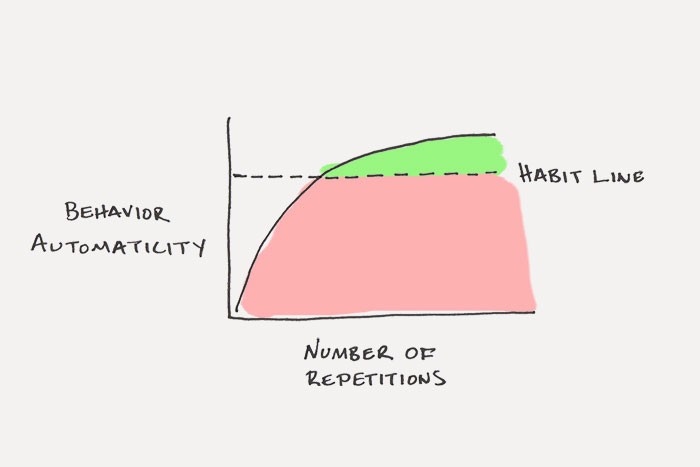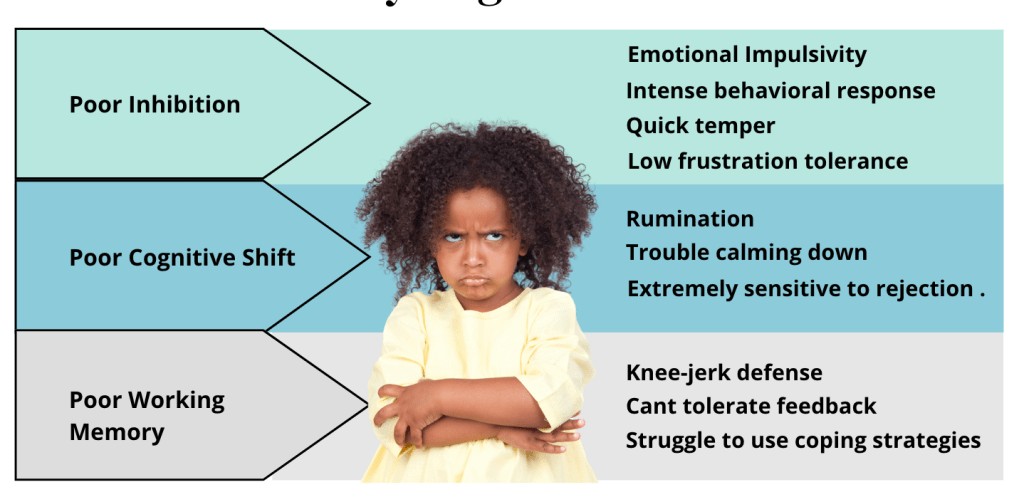Screen Time and Mental Health: New Study Reveals Hidden Risks for Teens
Research shows teenagers spending over three hours daily on sedentary activities face increased psychological distress risks, with video gaming and excessive leisure reading as key concerns. The groundbreaking study tracked 3,675 adolescents, revealing nuanced impacts of different types of screen time on mental wellbeing.
Screen Time in Early Years Linked to Teen Mental Health Crisis
An eight-year Finnish study reveals troubling connections between childhood screen time and adolescent psychological issues. Research shows children with higher device usage face increased rates of depression and stress as teenagers, highlighting the need for balanced digital environments.
Digital Detox Experiment Reveals Dramatic Mental Health and Cognitive Benefits
A groundbreaking study shows that taking a two-week break from mobile internet access led to improved mental well-being and cognitive function in 91% of participants. The research suggests humans are not adapted to constant connectivity, with benefits including better sleep, stronger social connections, and attention span improvements.
The Science Behind Why Podcast Hosts Feel Like Close Friends
New research reveals how podcast listeners develop deep emotional bonds with hosts through perceived authenticity and relatability. The study identifies seven key characteristics that make hosts seem genuine, from their ordinariness to personal confessions.
Breaking the 21-Day Habit Myth: New Research Shows Habits Take Months to Form
University of South Australia research debunks the popular belief that habits form in just 21 days, revealing it actually takes between 59-66 days on average, and up to 335 days for full establishment. The groundbreaking study provides evidence-based guidance for developing sustainable lifestyle changes through consistent practice.
Hidden ADHD: How Excessive Daydreaming Delays Adult Diagnosis
New research reveals that maladaptive daydreaming could mask symptoms of ADHD in adults, leading to delayed diagnosis. The study found that adults diagnosed later in life exhibited higher levels of compulsive fantasizing that interfered with recognizing underlying attention deficit symptoms.
Harsh Parenting Linked to Lasting Emotional and Social Challenges in Children
A comprehensive 18-year study reveals children exposed to harsh parenting face significant developmental difficulties, including struggles with emotional regulation and peer relationships. The research tracked over 3,400 children and found that even moderate levels of harsh parenting negatively impact socioemotional competencies.
Early Emotional Regulation Problems Linked to Higher ADHD Risk in Children
A groundbreaking UK study of 14,000 preschoolers reveals that difficulties managing emotions at age three significantly increase the risk of developing ADHD and other mental health challenges by age seven. The research highlights the critical importance of supporting emotional development during early childhood years.
Virtual Reality Shows Promise as Self-Guided Treatment for Social Anxiety
A groundbreaking study demonstrates that a self-guided VR app combined with an affordable headset helped reduce social anxiety symptoms by 35 points compared to controls. The six-week trial involving 126 adults could make mental health treatment more accessible by eliminating the need for direct therapist supervision.
The Hidden Power of Risky Play: Why Children Need Freedom to Take Calculated Risks
New research reveals that allowing children to engage in supervised risky play - from climbing trees to exploring independently - is crucial for healthy development. Studies show these challenging activities build resilience, improve risk assessment, and enhance social, physical and emotional skills.









